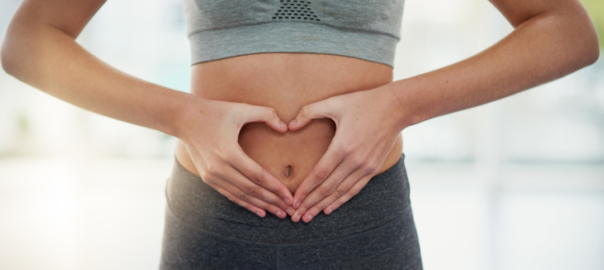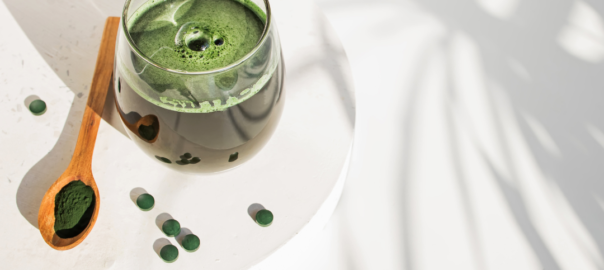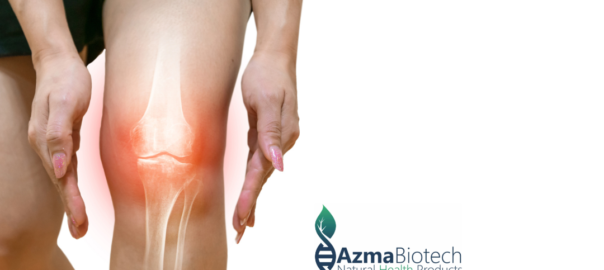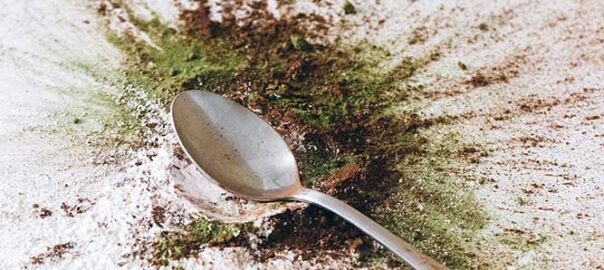Having Trouble Trying to Sleep?
You’re not alone; insomnia and the lack of proper quality sleep affect individuals around the globe. According to the American Sleep Association, approximately 50-70 million individuals in the United States suffer from a sleep disorder.
Although sleeping pills are commonly used to treat sleep disorders, their side effects can be harmful to our health if used over a long period of time. There are many ways to naturally improve your quality of sleep through exercise, diet, routine, and supplementation.
Increased stress levels have a large impact on our ability to fall asleep quickly and the quality of sleep that we are able to have once we do fall asleep. Looking to plant-based solutions to treat insomnia and other sleep disorders can relieve symptoms naturally with fewer side effects, leaving your body healthier and happier!
Sleep and Sleep Disorder Statistics
statistic from this website

What Part of The Brain Controls The Sleep-Wake Cycle?
The sleep-wake cycle refers to the pattern of approximately 8 hours of sleep and 16 hours of being awake that we as humans need to function. Although this varies from person to person this pattern is part of our circadian rhythm that helps guide our body on the best time for quality sleep.
Sleeping schedules vary for each individual, however the best time to sleep is generally a few hours after nightfall, and the best time to get up is within the first few hours of morning light.
The area of the brain responsible for our sleep wake cycle is called the SCN and is located in the hypothalamus. The SCN is located directly above our optic nerve that is sensitive to morning light which helps our body keep a natural routine with the sun.
Humulus Lupulus Otherwise Known As Hops
Hops are the flowers from the plant Humulus Lupulus that are often used in flavoring and bittering in various beers. The hops flower is green, cone shaped and its oil has a bitter flavor. The volatile oil of hops produces sedative effects that can help quiet frazzled nerves, reduce feeling groggy, and promote quality sleep. “Hops have antimicrobial properties, which contribute to their use as a preservative.”
Although hops are used as a flavoring and stabilizing agent, their medicinal properties and health benefits have been utilized for much longer. Hops have several benefits for physical and mental health. Perhaps their most magnificent benefit is improving quality of sleep, and promoting relaxation when anxiety is out of control.
This flowering plant can reduce restlessness and can treat sleep disorders without alarming side effects. Hops supplements can be used as a melatonin free sleep aid. Some melatonin sleeping aids may cause headaches or nausea, and should only be used for a short time period not to impact your natural sleep wake cycle.
https://www.specialtyproduce.com/produce/Hops_13925.php
quote link

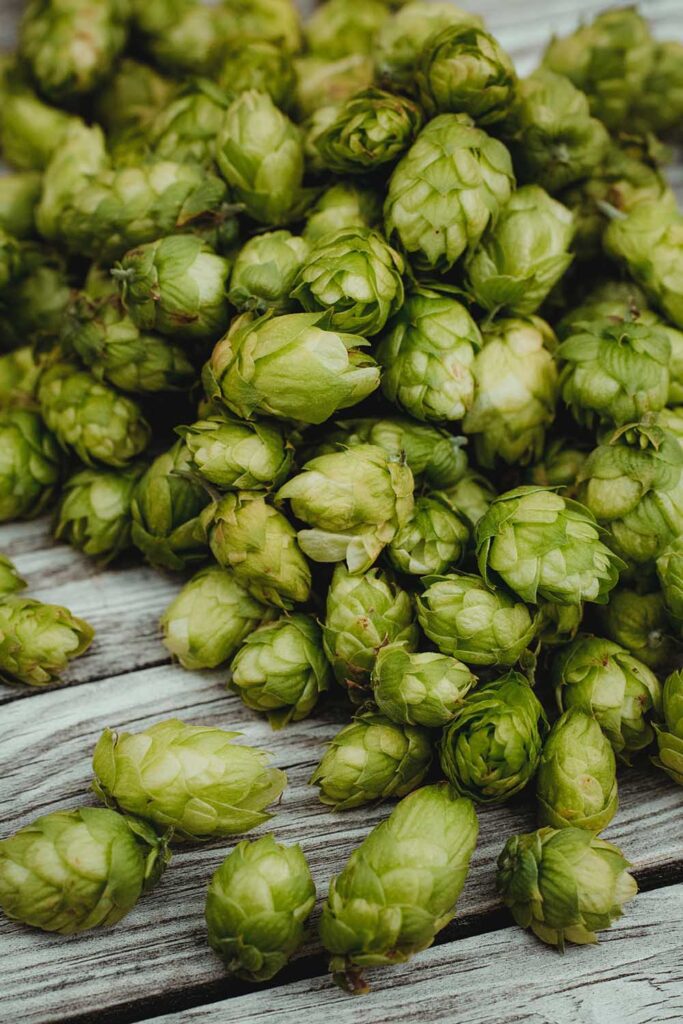
The Benefits of Using Hops to Improve Sleep
Herbalists consider hops to be one of the safest herbs to calm the mind and it has been used in beer since the 9th century. Hops naturally promote relaxation and can help you wake up refreshed. Using hops as a sleep aid can improve your quality of sleep without the unwanted side effects of prescription sleeping pills. Hops reduce nervousness and anxiety symptoms that can keep you awake at night. Sleeping well impacts our physical and mental health equally, so using natural ingredients such as hops to improve your sleep can improve overall health.
Having a healthy balance of exercise and a proper diet are the first necessary steps in improving sleep quality. Without an appropriate diet of nutritious, nourishing whole foods and an adequate diet, supplements will not be sufficient to improve your sleep quality. A healthy lifestyle cannot be replaced but only enhanced by taking supplements.
The Side Effects of Sleeping Pills
Even though sleeping pills can be used to treat poor sleep quality, the side effects can have negative consequences on our health. Sleeping pills may become addictive and carry unwanted side effects such as poor memory, drowsiness, dizziness, or stomach pain. Sleeping pills can affect normal breathing and can be dangerous for individuals who have asthma or other chronic lung problems.
The best sleep aid products are plant-based and reduce the negative side effects associated with pharmaceutical sleeping pills. It is not recommended to drink alcohol while taking any sedative supplement or pill, combining products with sedative effects can be harmful to your health.
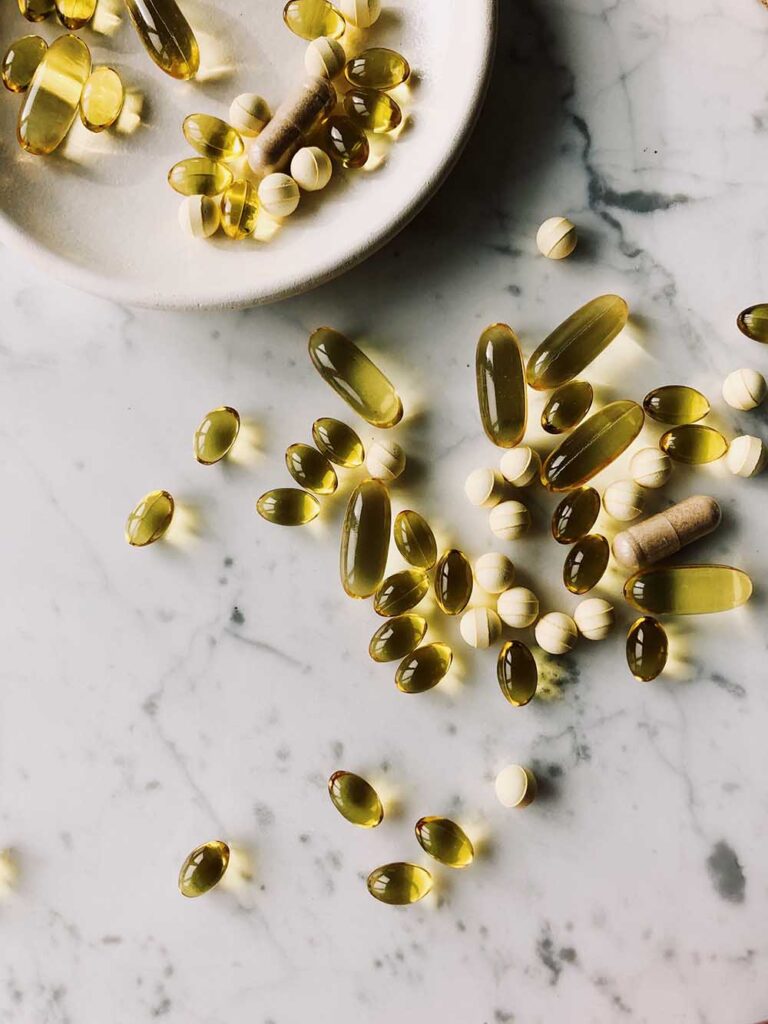
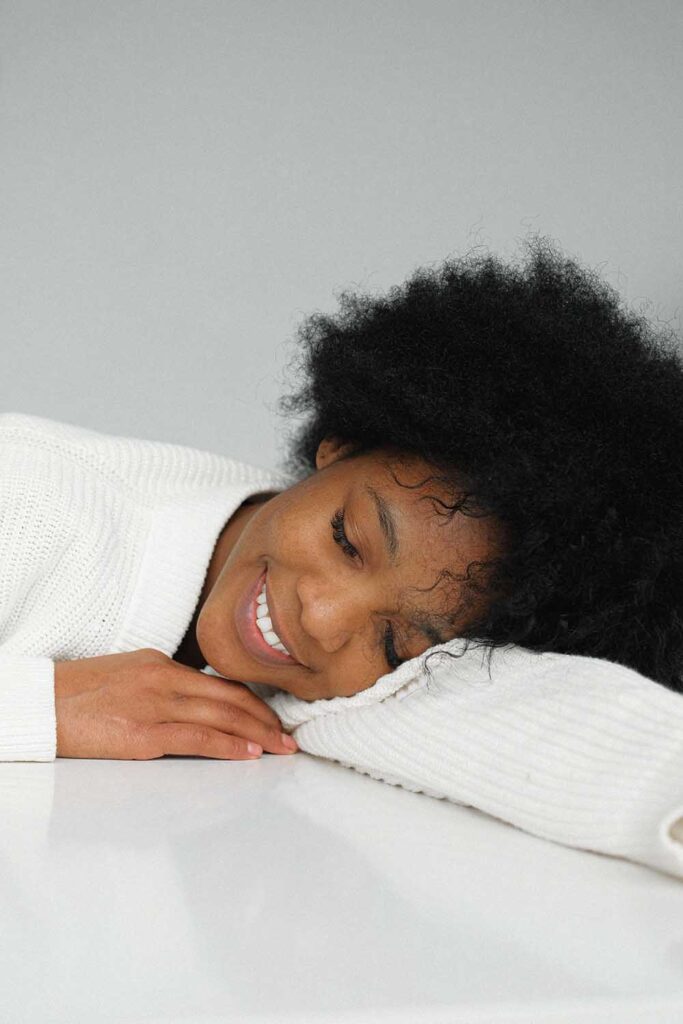
Tips for Sleeping Efficiently
Waking up feeling refreshed and energized is something we all wish to have in our lives. Luckily there are many ways we can increase our quality of sleep and improve the time it takes for us to fall asleep naturally.
Firstly, it is important to try to go to bed at the same time every night; this will help your body fall into a natural sleep cycle. It is important to stop using electronic devices including cell phones and laptops 30 minutes before bed. The blue light given off by our electronics reduces our body’s production of melatonin, the hormone needed for a healthy sleep-wake cycle. So instead of reaching for your electronic devices before bed opt for reading a book or practicing mindful meditation.
Increasing your daily physical activity and exercise can also help you fall asleep more efficiently. Taking part in 30 minutes of exercise per day is necessary to maintain physical health. Exercising in the morning can help reduce sleepiness during the day, and help you fall into a deep sleep more quickly.
Having a proper diet is another key factor in sleeping efficiently. There are many foods that you can incorporate into your diet that can help promote relaxation. Almonds are nutlike seeds that contain melatonin that can help you to fall asleep. Almonds are a good source of melatonin, and have low levels of sugar making them a perfect evening snack. Drinking tea with chamomile or valerian also promotes relaxation and restfulness, and is a calming ritual in a bedtime routine.

